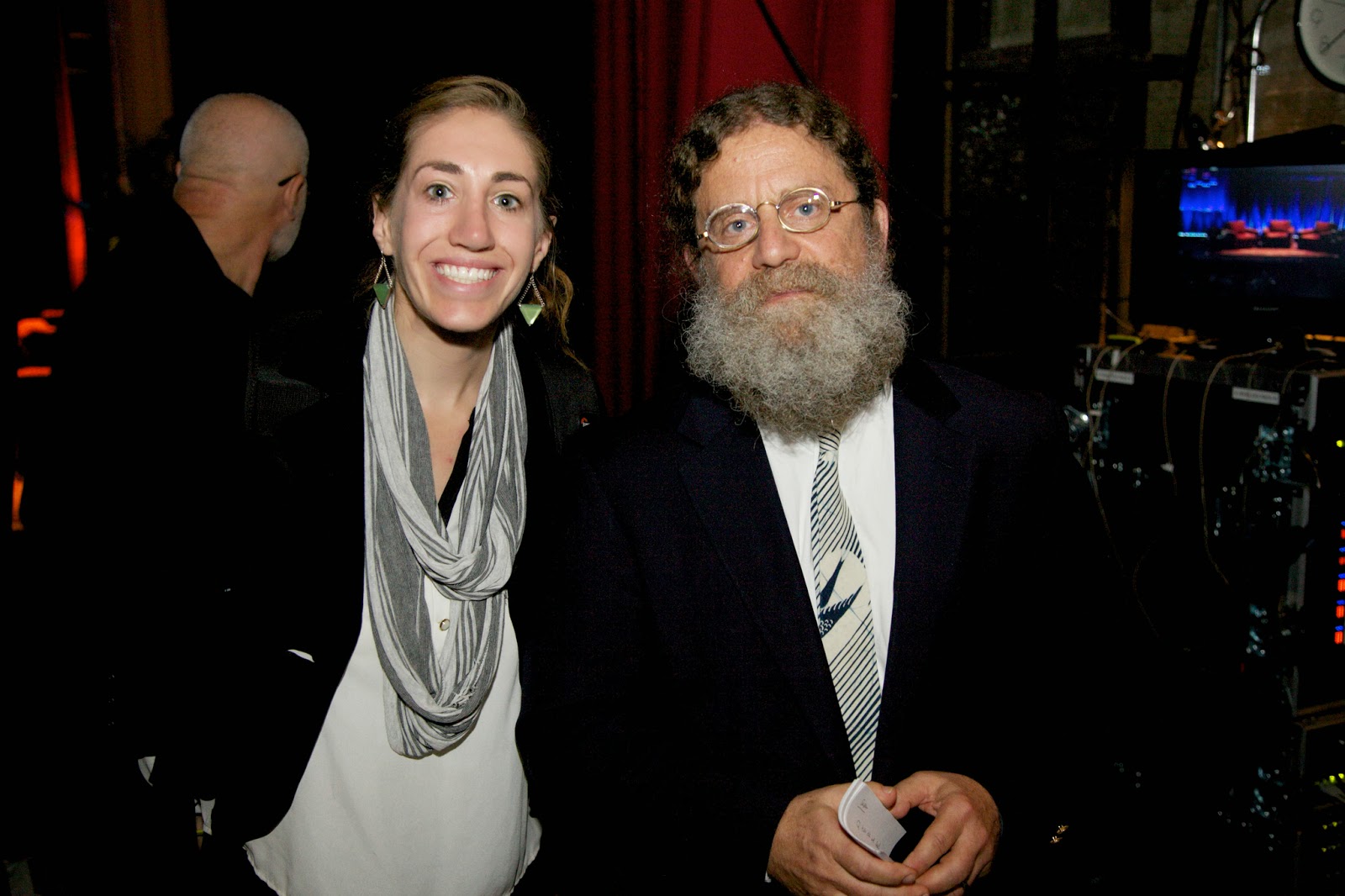Robert Sapolsky, a renowned neuroscientist and author, has offered profound insights into the realms of biology, behavior, and parenting. His work delves into the intricacies of human behavior, particularly how environmental factors shape our responses and interactions. As a father figure to many through his teachings and writings, Sapolsky's reflections on children and their development resonate deeply within the scientific community and beyond. This article explores the fascinating intersection of his research and personal experiences related to children.
Through his captivating storytelling and scientific acumen, Robert Sapolsky provides a unique lens through which we can examine the complexities of raising children. His views challenge traditional notions and encourage a dialogue about the influence of biology on behavior. Sapolsky’s scientific background, combined with his approachable style, makes him an essential figure in understanding the modern-day challenges faced by parents and caregivers. This article aims to unpack his insights on children, parenting, and the broader implications of his work.
As we navigate the world of parenting, the wisdom shared by Sapolsky offers valuable lessons that can help guide our approaches to raising children. This exploration into Robert Sapolsky's thoughts on children will not only illuminate his views but also provide practical advice for parents seeking to foster a nurturing environment. Let us delve deeper into the life and teachings of this extraordinary thinker.
Who is Robert Sapolsky?
Robert Sapolsky is a distinguished neuroscientist, biologist, author, and speaker known for his research on stress and its effects on the body and brain. He has spent decades studying wild baboons in East Africa, drawing parallels between their social structures and human behavior. His ability to blend science with personal anecdotes has made him a popular figure in both academic and public spheres.
What are Robert Sapolsky's Contributions to Science?
Robert Sapolsky's contributions span various fields, including neuroscience, biology, and psychology. Some of his significant contributions include:
- Research on stress biology, particularly how chronic stress affects health.
- Investigation of social hierarchies in baboons and their implications for human behavior.
- Books such as "Why Zebras Don't Get Ulcers" and "Behave," which address complex behaviors in an accessible manner.
What are Some Personal Details about Robert Sapolsky?
| Attribute | Details |
|---|---|
| Name | Robert M. Sapolsky |
| Birthdate | April 15, 1951 |
| Occupation | Neuroscientist, Author, Professor |
| Notable Works | "Why Zebras Don't Get Ulcers," "Behave," "A Primate's Memoir" |
| Education | Ph.D. in Neurobiology from Rockefeller University |
How Does Robert Sapolsky View Parenting?
Robert Sapolsky's views on parenting are deeply rooted in his understanding of biological and environmental influences. He emphasizes the role of genetics alongside the social environment in shaping a child's behavior and personality. Sapolsky argues that understanding the neuroscience behind parenting can help caregivers make informed choices that foster healthy development.
What Insights Does Robert Sapolsky Offer About Raising Children?
Sapolsky’s insights on raising children include the following key principles:
- Understanding Stress: Recognizing the impact of stress on both parents and children is crucial. Sapolsky suggests that minimizing stress can lead to healthier family dynamics.
- Promoting Empathy: Encouraging empathy and emotional intelligence in children is essential for their social development.
- Supporting Individuality: Acknowledging each child's unique traits and needs can help parents tailor their parenting approach.
What Role Does Environment Play in Child Development According to Sapolsky?
According to Robert Sapolsky, the environment plays a pivotal role in child development. He argues that a nurturing and supportive environment can significantly influence a child's emotional and cognitive growth. Factors such as socioeconomic status, parental involvement, and community interactions can either enhance or hinder a child's potential. By fostering a positive environment, parents can help mitigate the negative impacts of external stressors.
What Are the Implications of Sapolsky's Research on Children?
The implications of Robert Sapolsky's research extend beyond academic circles, offering practical guidance for parents and educators. His work emphasizes the importance of understanding the biological underpinnings of behavior while also recognizing the value of emotional and social learning. By integrating these insights, parents can create a more holistic approach to raising children.
How Can Parents Apply Sapolsky's Insights in Daily Life?
Parents can apply Robert Sapolsky's insights in several ways:
- Manage Stress: Implement stress-reduction techniques for both themselves and their children, such as mindfulness and relaxation exercises.
- Encourage Open Communication: Foster an environment where children feel safe expressing their thoughts and emotions.
- Promote Education: Encourage curiosity and learning by providing diverse educational experiences and resources.
What Legacy Does Robert Sapolsky Leave for Future Generations?
Robert Sapolsky's legacy is one of curiosity, compassion, and understanding. His work encourages future generations to think critically about human behavior, parenting, and the intricate connections between biology and the environment. By advocating for a thoughtful approach to raising children, Sapolsky inspires parents to create nurturing environments that prioritize emotional well-being and resilience.
In conclusion, Robert Sapolsky's reflections on children provide a valuable framework for understanding the complexities of parenting. His insights encourage parents to consider the biological and environmental factors that shape their children's lives. By embracing his teachings, caregivers can foster a brighter future for the next generation, emphasizing the importance of empathy, communication, and support. Ultimately, the exploration of Robert Sapolsky's thoughts on children serves as a reminder of the profound impact that understanding and nurturing can have on the development of young minds.
You Might Also Like
Unveiling The Life Of Archie Panjabi And Her HusbandExploring Robert Manfred's Salary: The Man Behind Major League Baseball
Discovering The Life Of Sebastian Maniscalco's Sister
Unveiling The Life And Career Of Jeffrey Brezovar
Unraveling The Kim Soo Hyun And Bae Suzy Relationship
Article Recommendations


